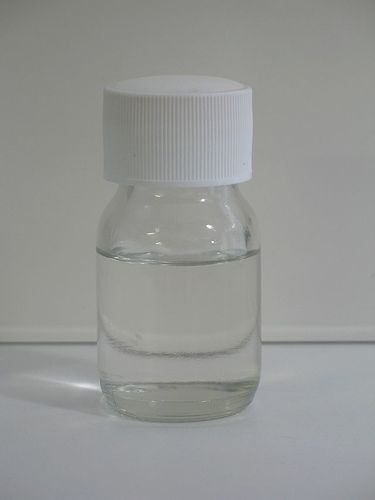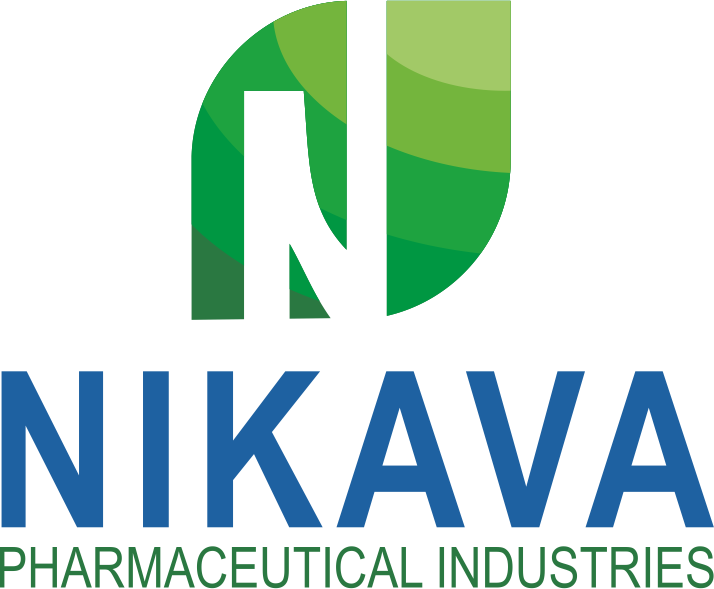<div class="hidden-content">
<p>Acetyl Chloride, Acetyl Chloride Manufacturer In India, Acetyl Chloride Manufacturer, Acetyl Chloride Chemical, Ch3cocl, Acetyl Chloride Formula, Structure Of Acetyl Chloride, Acetyl Chloride Density, Pharmaceutical Company</p>
<h2>Acetyl chloride manufacturer in India</h2>
<p>Acetyl chloride is a crucial chemical compound widely used in various industrial applications, including pharmaceuticals and agrochemicals. In India, numerous manufacturers specialize in producing high-quality acetyl chloride. These manufacturers employ advanced production techniques and stringent quality control measures to ensure that their acetyl chloride meets international standards. They often operate in specialized facilities equipped with the latest technology to ensure the purity and effectiveness of the chemical. By adhering to rigorous safety and environmental regulations, Indian acetyl chloride manufacturers contribute significantly to the global chemical supply chain.</p>
<h2>Acetyl Chloride Manufacturer in India</h2>
<p>Acetyl chloride is produced by reacting acetic acid with chlorinating agents such as thionyl chloride or phosphorus trichloride. This reaction yields acetyl chloride along with by-products like sulfur dioxide and hydrogen chloride. Manufacturers of acetyl chloride focus on optimizing this reaction to achieve high yields and purity. The process requires precise control over reaction conditions, including temperature and pressure, to prevent side reactions and ensure the final product's quality. Leading acetyl chloride manufacturers are known for their commitment to producing consistent and reliable products, meeting the needs of various industries including pharmaceuticals, agriculture, and manufacturing.</p>
<h2>Acetyl Chloride Chemical</h2>
<p>Acetyl chloride, with the chemical formula CH₃COCl, is a colorless, volatile liquid with a pungent odor. It is highly reactive, particularly with water, forming acetic acid and hydrochloric acid. This reactivity makes acetyl chloride a valuable reagent in organic chemistry. It is commonly used for acetylation reactions, where it introduces an acetyl group into a molecule. This process modifies the chemical properties of compounds, making acetyl chloride essential in synthesizing pharmaceuticals, flavors, and dyes. Its ability to react with a wide range of substances makes it a versatile chemical in both industrial and laboratory settings.</p>
<h2>CH₃COCl</h2>
<p>The molecular formula CH₃COCl represents acetyl chloride, which consists of an acetyl group (CH₃CO) bonded to a chlorine atom (Cl). This formula highlights the key components of the compound: a carbonyl group (CO) and a chlorine atom. The acetyl group is a significant functional group in organic chemistry, and its presence in acetyl chloride facilitates various chemical reactions. Understanding the formula CH₃COCl helps in comprehending the chemical behavior and reactivity of acetyl chloride, which is crucial for its application in synthesis and manufacturing.</p>
<h2>Acetyl Chloride Formula</h2>
<p>The formula for acetyl chloride is CH₃COCl. This simple yet significant formula indicates the presence of an acetyl group attached to a chlorine atom. The acetyl group consists of a carbonyl group (CO) and a methyl group (CH₃), while the chlorine atom is bonded to the carbonyl carbon. This formula is essential for understanding the chemical properties and reactions of acetyl chloride. Its structure and composition play a crucial role in its application as an acetylating agent in various chemical processes.</p>
<h3>Structure Of Acetyl Chloride</h3>
<p>The structure of acetyl chloride can be represented as CH₃-CO-Cl. In this structure:</p>
<ul>
<li><strong>CH₃</strong> represents the methyl group.</li>
<li><strong>CO</strong> denotes the carbonyl group, which is a carbon double-bonded to an oxygen.</li>
<li><strong>Cl</strong> is the chlorine atom bonded to the carbonyl carbon.</li>
</ul>
<p>This linear arrangement of atoms around the carbonyl group is responsible for the molecule's reactivity and chemical behavior. The presence of the chlorine atom makes acetyl chloride highly reactive, particularly in reactions involving nucleophiles and water. The structural simplicity of acetyl chloride belies its versatility and importance in organic synthesis.</p>
<h3>Acetyl Chloride Density</h3>
<p>Acetyl chloride has a density of approximately 1.09 g/cm³ at room temperature. This property indicates that acetyl chloride is denser than water, which can influence its handling and storage. Its density affects its behavior in various chemical processes, including its interaction with other substances. Understanding the density of acetyl chloride is important for practical applications, such as in the design of chemical reactions and storage solutions.</p>
<h4>Pharmaceutical Company</h4>
<p>In the pharmaceutical industry, acetyl chloride is a critical reagent used in the synthesis of acetylated compounds. It plays a vital role in the development of various drugs by facilitating the introduction of the acetyl group into organic molecules. This modification can enhance the drug's efficacy, stability, and absorption. Pharmaceutical companies rely on high-quality acetyl chloride to ensure the production of effective and safe medications. Its use in drug synthesis underscores its importance in advancing medical science and improving healthcare outcomes.</p>
</div>
Acetyl chloride manufacturer in India
We are one of the prominent manufacturers and suppliers of high quality Acetyl Chloride Chemicals. This offered range of chemicals is widely used as pharmaceutical bulk drugs and intermediates.
Acetyl chloride, CH3COCl is an acid chloride derived from acetic acid. It belongs to the class of organic compounds called acyl halides. It is a colorless, corrosive, volatile liquid.
| Product Details |
| Name of the Product |
ACETYL CHLORIDE |
| CAS Number |
75-36-5 |
Results of Analysis and Protocols of the Test applied
| TEST |
LIMIT |
RESULT |
| Characteristics |
Colourless water like liquid |
O.K |
| Boiling range |
95 % material distills between range of 51 and 53 Deg Celsius |
O.K |
| Specific Gravity at 25 Deg Celsius |
Between 1.104 to 1.11 |
1.105 |
| Assay |
Not less than 99 % |
99.25 % |

